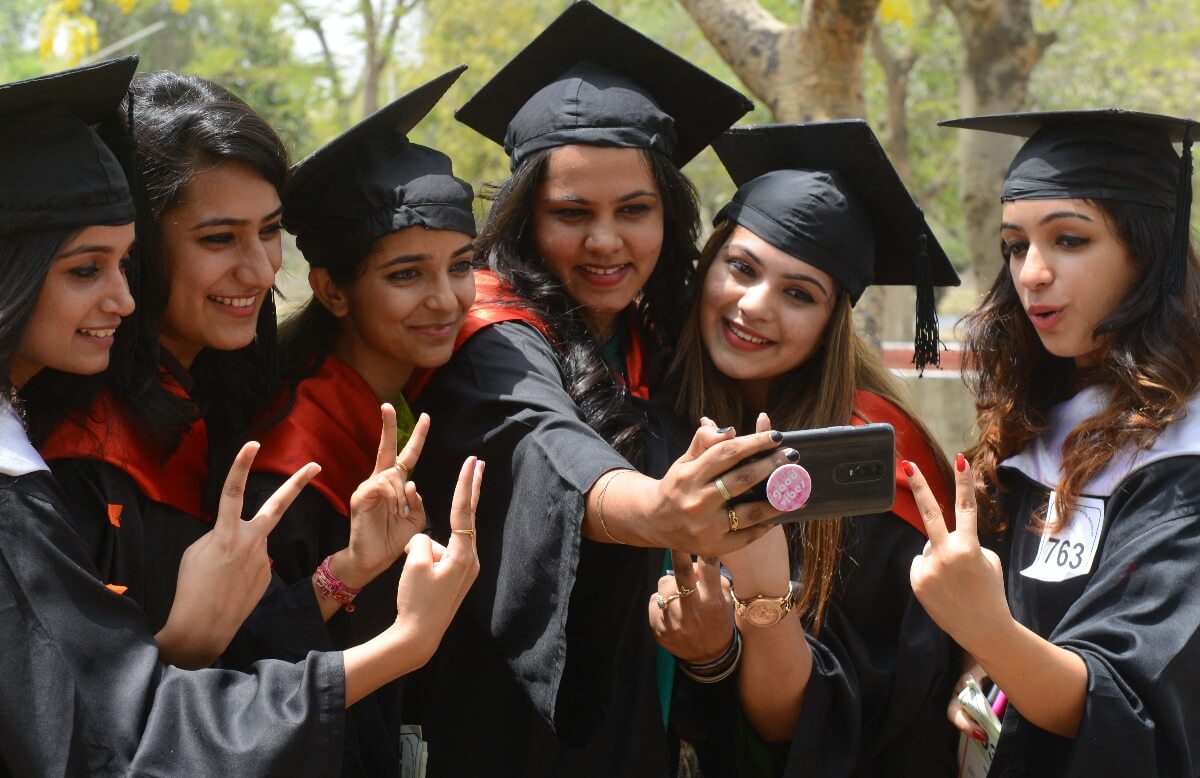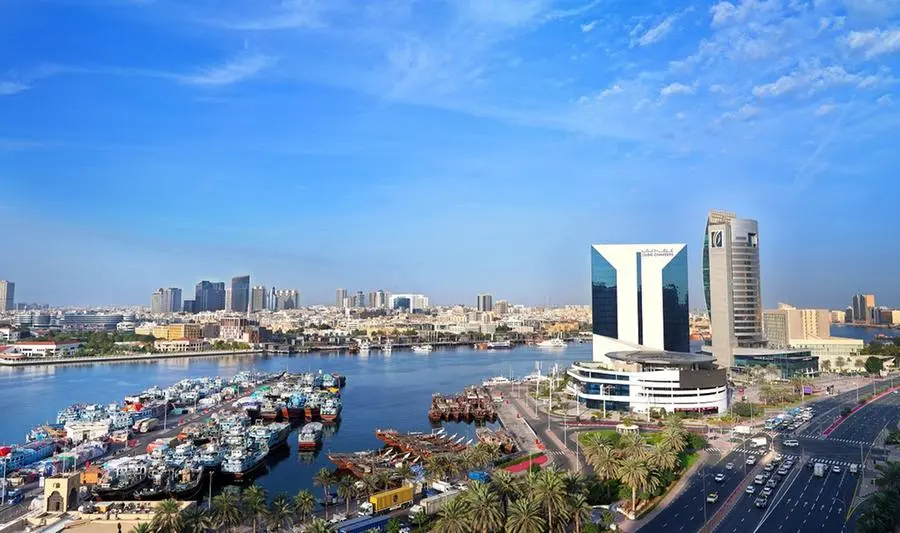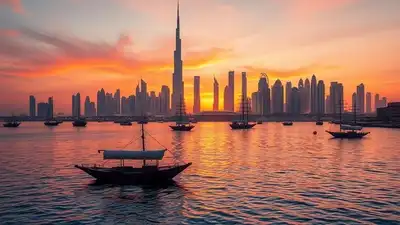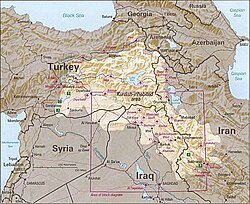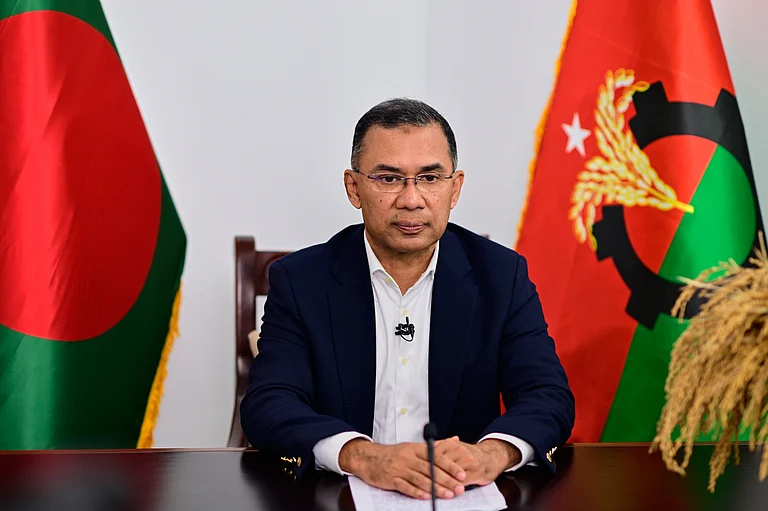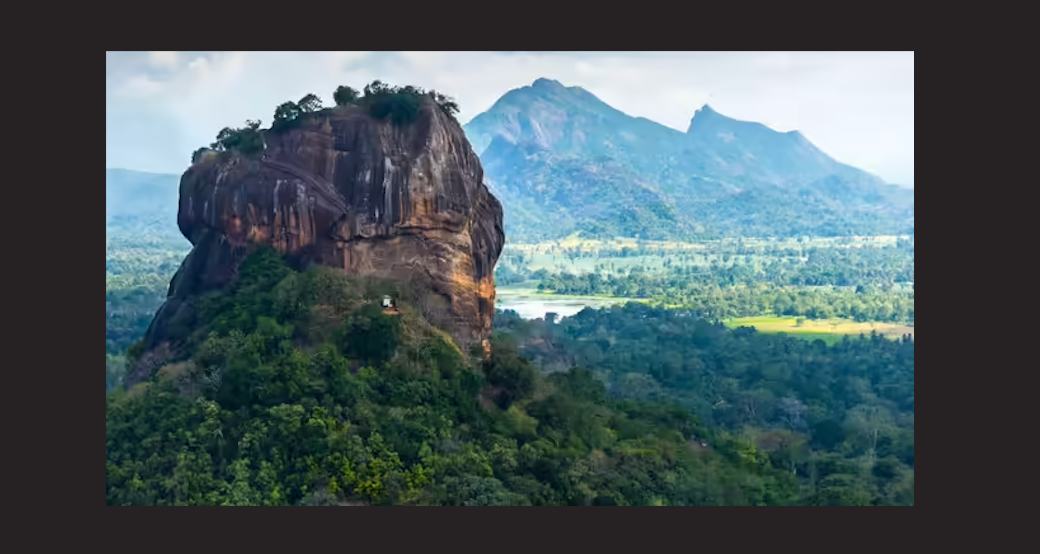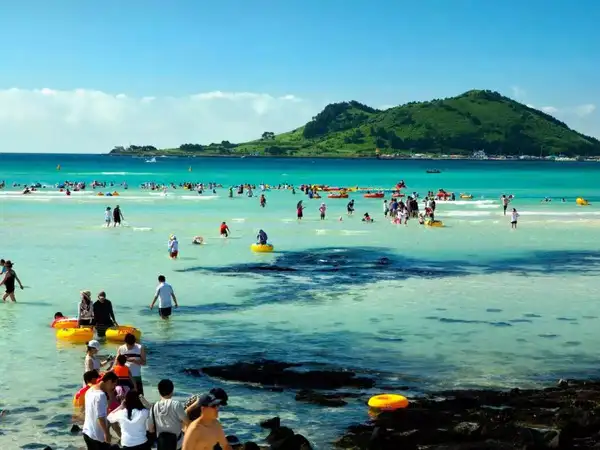Haifa’s Mayor Yona Yahav declared at a memorial ceremony at a cemetery in Haifa: “In every school, we are changing the texts and saying that it wasn’t the British but the Indians who liberated us”
Straddling time, history and geography, a deeply moving event continues to strengthen the bonds of solidarity and friendship between two countries, one that perpetuates for posterity the valour of Indian soldiers fighting to liberate a city in a distant land far from their own in a historic battle: The port city of Haifa in Israel.
On September 23, 1918, the combined formations of the Jodhpur, Mysore and Hyderabad Lancers, all cavalry units, were jointly known as the 15th (Imperial Service) Cavalry Brigade and served alongside British Empire forces in the Sinai and Palestine campaign in the Middle East.
They participated in the most dramatic cavalry charge in military history, liberating Haifa from the clutches of the Ottoman Empire and brought to a decisive close the final chapter of World War I.
Jointly the three formations that comprised cavalry regiments from Indian princely states like Jodhpur, Hyderabad, and Mysore. It was notable for its critical role in the Battle of Haifa in 1918, where its regiments, carried out the last major cavalry charge in history, liberating the city from Ottoman rule.
The brigade’s sacrifices are commemorated in the Teen Murti War Memorial in New Delhi, which gets its name from three figures in the memorial column that represents the three cavalry units from the princely states of Jodhpur, Mysore and Hyderabad.
Armed only with spears and swords, the action by the combined forces of the lancers was bold and audacious, one that resonates with raw courage.
Despite the heavy shelling from machine guns and artillery fire of Ottoman forces positioned on advantageous heights, the lancers did not falter, waver or break ranks.
They eventually won the day forcing the enemy to either flee or surrender. Today the graves of Indian soldiers in Haifa, stand in silent testimony to their unparralled valour and sacrifice.
Each year on September 23, the Israeli people honour and pay heartfelt tributes to the Indian soldiers who fought for the liberation of their city.
But that is not all. Haifa is rewriting its history textbooks to formally recognize the role of Indian soldiers in liberating the city.
He recalled growing up being taught that the British freed the city, until new research by the local Historical Society revealed otherwise.
Haifa’s Mayor Yona Yahav declared at a memorial ceremony at a cemetery in Haifa:. “In every school, we are changing the texts and saying that it wasn’t the British but the Indians who liberated us”.
“This is not only a history lesson, but a living testament to the power of heritage to unite two nations,” said Yigal Graever of the Haifa Historical Association.
He was speaking at a ceremony of Haifa officials and Indian dignitaries gathered at the city’s British Military Cemetery to mark the anniversary of the 1918 battle.
Haifa day an “important milestone” for Indians
Indian Air Force attaché Vijay Patel called Haifa Day an “important milestone” in Indian history.
“The bravery and sacrifice of the soldiers have been immortalized in the history books. I hope they will be remembered forever, not only in the hearts of Indians but also in the hearts of Israelis,” he said.
The greatest cavalry campaign in history.
The cavalry charge of the Jodhpur, Mysore, and Hyderabad, Lancers, on September 23, 1918, during World War I, is remembered as one of the greatest cavalry campaigns in history.
Armed with only spears and swords they cleared the Ottoman forces from the rocky slopes of Mt Carmel under all odds to liberate the city. The battle was described as “almost the only occasion when a fortified town was captured by cavalry on the gallop
Major Dalpat Singh, celebrated as the “Hero of Haifa,” was posthumously honored for his courage. India observes September 23 as Haifa Day each year to commemorate the sacrifice of its soldiers.
Over 74,000 Indian soldiers lost their lives in World War I, with more than 4,000 falling in West Asia alone. Their memories are preserved in war cemeteries across Israel, including Haifa, Jerusalem, and Ramle.
History textbooks in Haifa teach about the liberation of Haifa by Indian soldiers from classes 3 to 5. Over the last decade, the Haifa Historical Society has also been going around schools in the city recounting the story of the Liberation of Haifa.
For a more deeply shared experience of this legacy, the embassies of India and Israel are developing “The India Trail,” a cultural and historical initiative in Israel. In recent years
As part of this initiative, India renamed New Delhi’s Teen Murti Chowk “Teen Murti Haifa Chowk” during a visit by Israeli Prime Minister Benjamin Netanyahu to Delhi in 2018.
Prime Minister Narendra Modi, during his state visit to Israel in 2017, paid tributes at Haifa’s Indian cemetery. Additionally, the centenary celebrations of Haifa Day in 2018 also saw the Indian Army’s 61st Cavalry participate in Haifa’s official events, a chapter of history long overlooked.
DISCLAIMER: The views and opinions expressed in this article are solely those of the author and do not necessarily reflect the official policy or position of Pravasi Samwad. Pravasi Samwad is not responsible for the accuracy, completeness, or reliability of any information presented.


